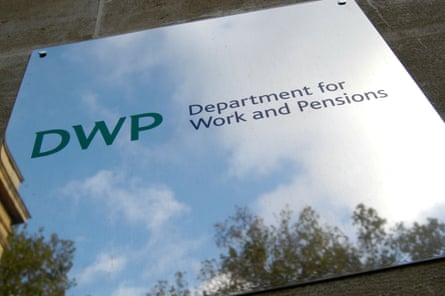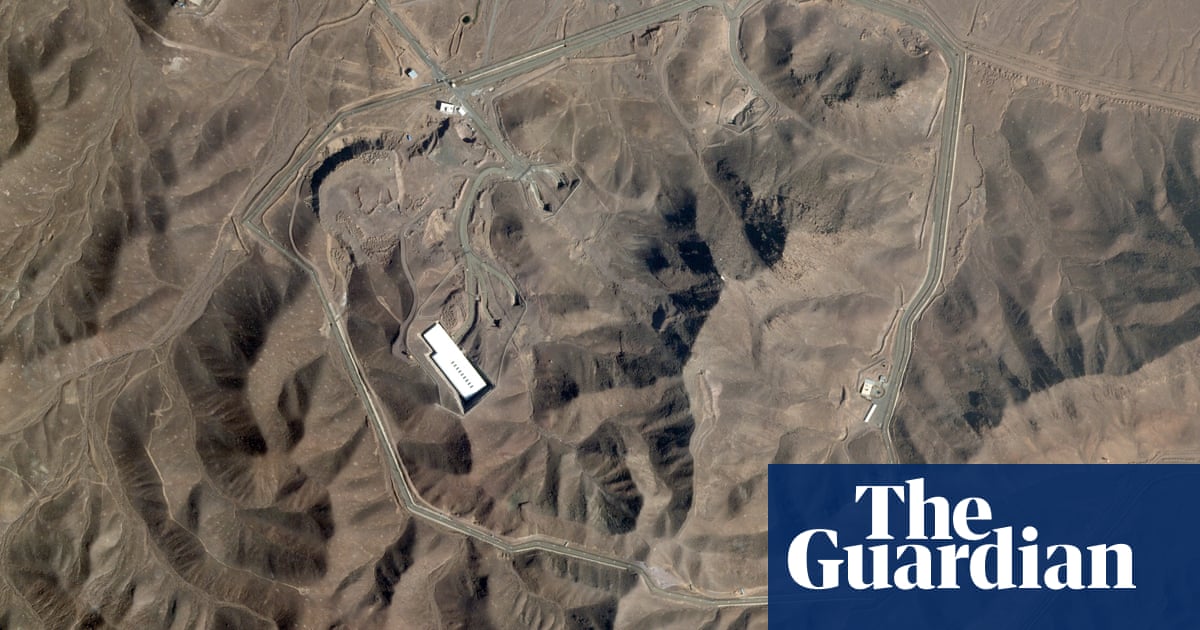A text message arrives that claims to be a reminder from the Department for Work and Pensions (DWP). According to its records you have not yet sent your application for this year’s “winter heating allowance”.
With last month’s announcement of a government u-turn on the payment, you could be forgiven for thinking you need to do something to make sure you get what you are owed and that this is a genuine prompt. It isn’t. Once again fraudsters are taking advantage of the news cycle to trap the unsuspecting.
If you do get a text like this you can safely ignore it. The DWP says: “We never send text messages or emails requesting your bank details for winter fuel payment purposes.”
The real payment is only for pensioners and, in most cases, will be given automatically without the need to make a claim. The only people who need to do anything are those who are of state pension age and have never received the payment before, perhaps because they have deferred receiving their state pension. They should contact DWP. Details of how to do that are online here.

What the scam looks like
A text message claiming to be from the DWP – in some that is written in full, in some it is just DWP. It says you have not yet submitted your application for this year’s “winter heating allowance” and that if you fail to do so in time, you will be ineligible for a £300 payment. You are told you need to click on a link to complete your application.
The link typically includes some combination of uk and gov, so, at a glance, it may look like the genuine gov.uk address.
There is a deadline for the response – often the day the message arrives.
If you click through you will be asked to give personal and bank details – on the MoneySavingExpert website one person who received a text reported being asked to pay £1 on their card which they were told would be refunded.
What to do
Warn older friends and relatives about the scam if you think they may be vulnerable.
Forward any scam texts to 7726, where messages are reviewed and suspicious numbers can be picked up and future communications from them can be stopped.
If you have fallen victim, in the UK you can report the scam to the police through Action Fraud on 0300 123 2040 or online.

.png) 2 months ago
26
2 months ago
26

















































